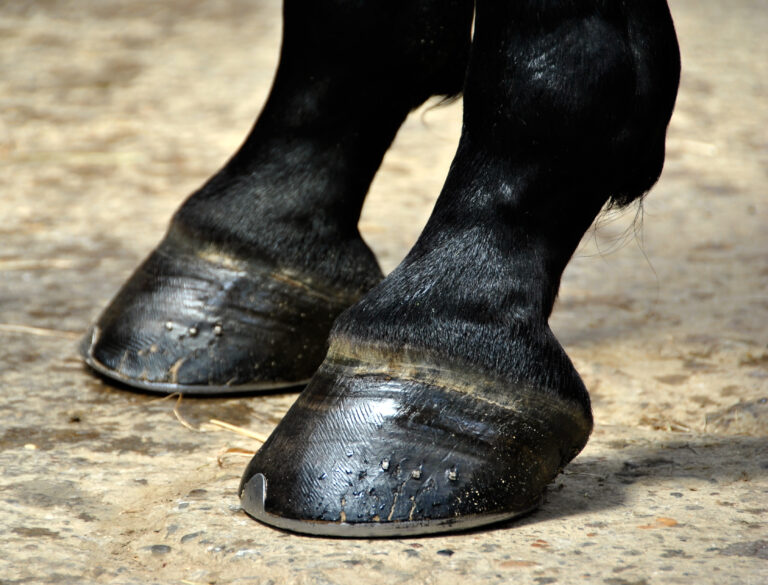A new article from ScienceDirect.com is now available that compares age-related changes in the immune systems of horses and humans. The article is titled “A review of the Equine Age-related Changes in the Immune System: Comparisons between Human and Equine Aging, with Focus on Lung Specific Immune-aging.”
Following is the provided abstract.
Abstract
“The equine aging process involves many changes to the immune system that may be related to genetics, the level of nutrition, the environment and/or an underlying subclinical disease. Geriatric horses defined as horses above the age of 20, exhibit a decline in body condition, muscle tone and general well-being. It is not known whether these changes contribute to decreased immune function or are the result of declining immune function. Geriatric years are characterized by increased susceptibility to infections and a reduced antibody response to vaccination as a result of changes in the immune system. Humans and horses share many of these age-related changes, with only a few differences. Thus, inflamm-aging and immunosescence are well described phenomena in both human and equine research, particular in relation to the peripheral blood and especially the T-cell compartment. However, the lung is faced with unique challenges because of its constant interaction with the external environment, and thus may not share similarities to peripheral blood when considering age-related changes in immune function. Indeed, recent studies have shown discrepancies in cytokine mRNA and protein expression between the peripheral blood and bronchoalveolar lavage immune cells. These results provide important evidence that age-related immune changes or ‘dys-functions’ are organ specific.”
Authors
S. Hansen, and J. Fjeldborg, Department of Large Animal Sciences, Faculty of Health and Medical Sciences, University of Copenhagen, Denmark; K.E. Baptiste, Department of Veterinary Medicine, Danish Health and Medicines Authority, Copenhagen South, Denmark; D.W. Horohov, Maxwell H. Gluck Equine Research Center, Department of Veterinary Science, University of Kentucky.








